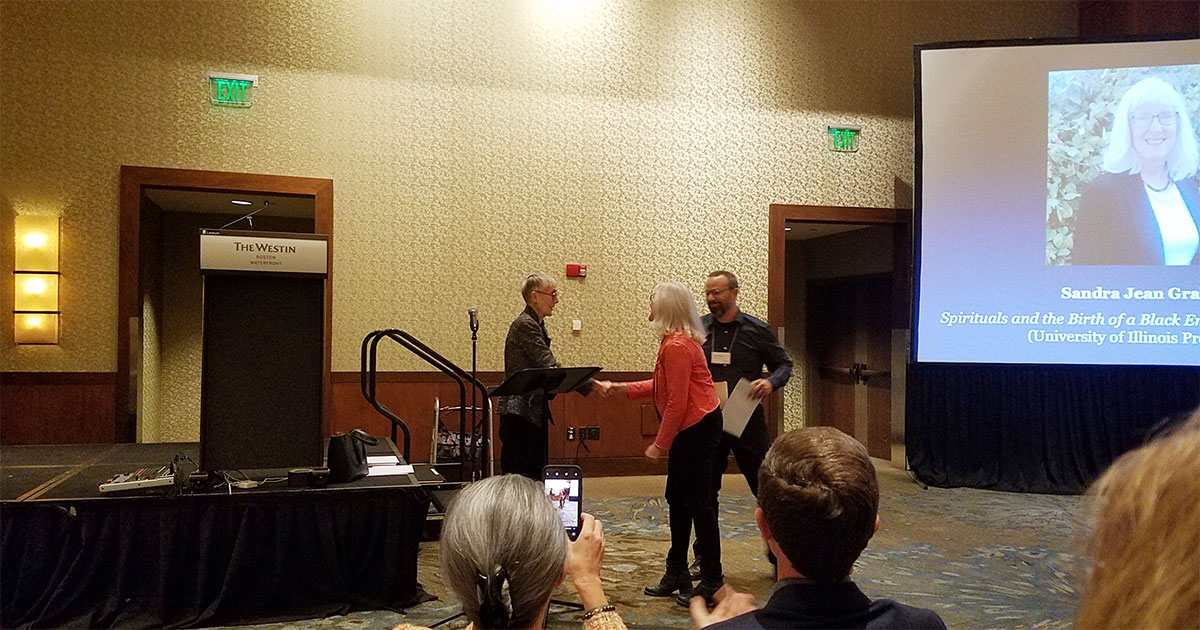Faculty on Leadership, Music, Entrepreneurship, and Inclusivity

Babson College faculty explain, and are awarded for, their insights on entrepreneurial leaders, the rise and leadership of the black entertainment industry, and creating inclusive climates.
Why Entrepreneurs Make Exceptional Leaders
Professor Joel Shulman explained why entrepreneurs make great long-term leaders in a column on Marker, a Medium publication. Shulman cited leaders who founded and have remained with their companies, including Bill Gates and Jeff Bezos, and argued that they are motivated by long-term legacy and feel personally invested in the success of their companies.
Shulman also stated how his firm’s Entrepreneur 30 Index, which tracks the 30 largest entrepreneur-led companies in the U.S. stock market, found entrepreneurial leaders have an average tenure of 18.1 years, compared to 4.4 years for CEOs of Dow Jones Industrial Average companies. “While a traditional CEO may have a wealth of experience, according to my research the commitment, passion, and long-term mindset of an entrepreneur-CEO will ultimately win out in the market,” Shulman wrote.
Illuminating Music in American Culture
Associate Professor of Ethnomusicology Sandra Graham was presented with the Music in American Culture Award for her 2018 book, Spirituals and the Birth of a Black Entertainment Industry, at the 2019 meeting of the American Musicological Society earlier this month in Boston.
The book explores the rise of spirituals performed by jubilee troupes following the Civil War, and the award annually honors a book that illuminates an “important aspect of the music of the United States and places it in a rich cultural context.” The American Musicological Society was founded in 1934 to advance “research in the various field of music as a branch of learning and scholarship.”
Building a More Inclusive Workplace
Associate Professor Tina Opie participated in a fireside chat with Suni Harford, president of Union Bank of Switzerland (UBS) Asset Management, in New York late last month. The discussion centered on authenticity, diversity, and equity, and also featured a conversation on strategy to develop more inclusive climates. “I am hoping that the conversation catalyzed action on diversity, inclusion, and equity,” Opie said.




